10 Biggest Losers of a Global Trade War
Only time will tell whether a much-ballyhooed global trade war will end up becoming a reality.

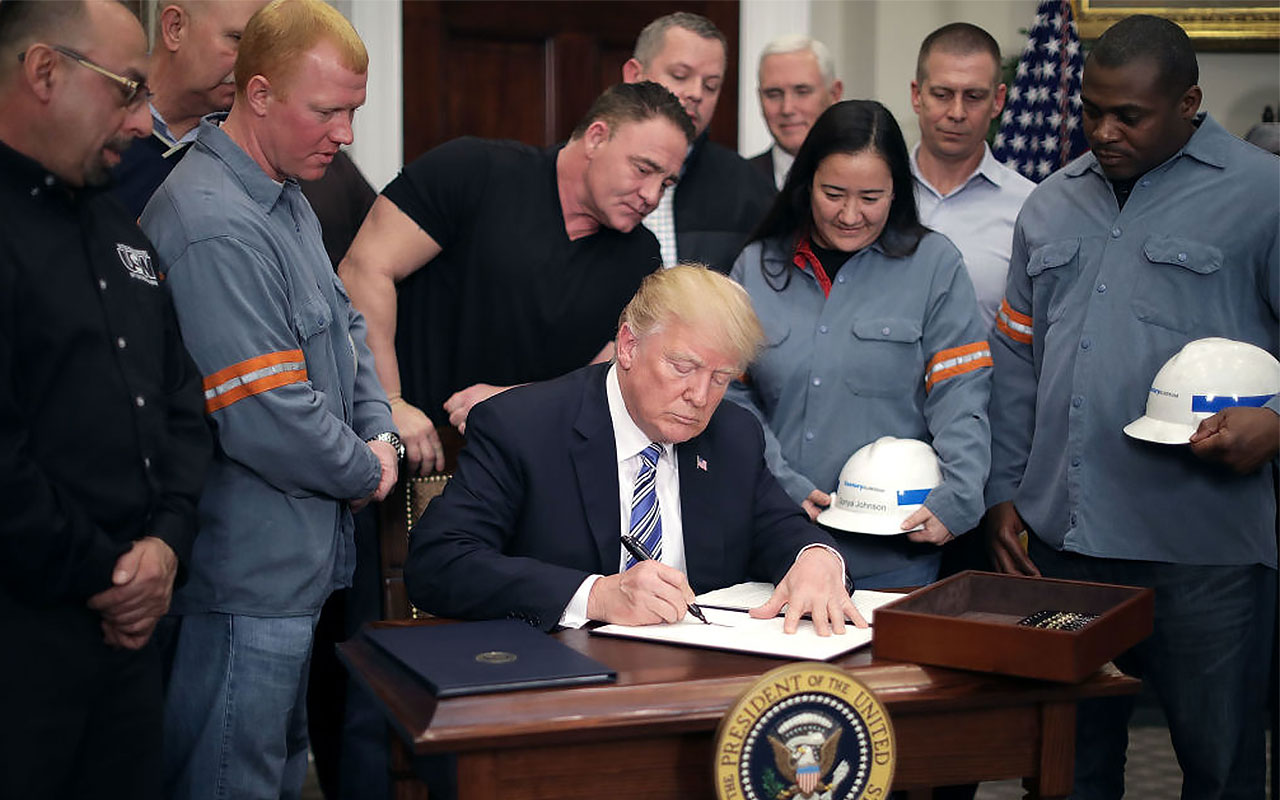
Profit and prosper with the best of Kiplinger's advice on investing, taxes, retirement, personal finance and much more. Delivered daily. Enter your email in the box and click Sign Me Up.
You are now subscribed
Your newsletter sign-up was successful
Want to add more newsletters?

Delivered daily
Kiplinger Today
Profit and prosper with the best of Kiplinger's advice on investing, taxes, retirement, personal finance and much more delivered daily. Smart money moves start here.

Sent five days a week
Kiplinger A Step Ahead
Get practical help to make better financial decisions in your everyday life, from spending to savings on top deals.

Delivered daily
Kiplinger Closing Bell
Get today's biggest financial and investing headlines delivered to your inbox every day the U.S. stock market is open.

Sent twice a week
Kiplinger Adviser Intel
Financial pros across the country share best practices and fresh tactics to preserve and grow your wealth.

Delivered weekly
Kiplinger Tax Tips
Trim your federal and state tax bills with practical tax-planning and tax-cutting strategies.

Sent twice a week
Kiplinger Retirement Tips
Your twice-a-week guide to planning and enjoying a financially secure and richly rewarding retirement

Sent bimonthly.
Kiplinger Adviser Angle
Insights for advisers, wealth managers and other financial professionals.

Sent twice a week
Kiplinger Investing Weekly
Your twice-a-week roundup of promising stocks, funds, companies and industries you should consider, ones you should avoid, and why.

Sent weekly for six weeks
Kiplinger Invest for Retirement
Your step-by-step six-part series on how to invest for retirement, from devising a successful strategy to exactly which investments to choose.
Only time will tell whether a much-ballyhooed global trade war will end up becoming a reality. While President Donald Trump exempted Canada and Mexico from significant tariffs on steel and aluminum imports, he otherwise didn’t back down, at least setting the stage for a commerce-based battle.
Canada’s trade relationship with the United States still isn’t exactly on a firm footing following an accusation from Boeing (BA) that Canadian-based aircraft maker Bombardier dumped underpriced jets in the U.S. market. Meanwhile, the European Union has threatened to impose stiff tariffs on U.S.-made peanut butter and orange juice should the United States press the matter. Russia is less than pleased with trade sanctions levied against it in August of last year.
Perhaps the fiscal brouhaha is already underway ... just in a very veiled fashion.
Whatever the case, with a wave of populism sweeping over most of the world’s top country-based economies (Brexit was ultimately about money, and even China’s President Xi Jinping brings his own unique brand of populism to the communist state), trade wars on some level are at least a real possibility going forward.
That naturally could have a significant effect on several popular publicly traded companies. Here are 10 stocks that could be most vulnerable to a prolonged, trade-based conflict.
Data is as of March 12, 2018. Click on ticker-symbol links in each slide for current share prices and more.

Ford
One would think U.S. automakers like Ford (F, $10.81) and General Motors (GM) would be thrilled with higher tariffs on European-made vehicles coming into the United States, as well as higher steel and aluminum tariffs that make it more difficult/costly for Asian carmakers with production plants located in the U.S. Both domestic manufacturers pay a 25% tariff on the cars they deliver to China, making it difficult to compete in that growing market. The EU’s auto import tariff of 10% isn’t much friendlier. Turnabout is fair play.
The fact of the matter is, though, making it more difficult for China and Europe – especially China – to sell its goods in the U.S. could end up ruining an improving relationship between U.S. automakers and China’s import regulators. That current tariff was scheduled to be pared back over time, and moreover, China’s government looked like it was going to become a little more flexible with rules that require foreign (to it) carmakers to partner with China’s domestic automobile companies if they want to sidestep the tariff.
Rekindled trade tensions would prove particularly troubling for Ford, which is already underrepresented in the Chinese market. In November, the company announced plans to ship $10 billion worth of cars and auto parts to China over the course of the next three years, but China’s chiefs may be less keen in the idea if now U.S. automakers can proverbially be held hostage.
Europe could just as easily take direct aim at Ford, if a trade war escalates.

Harley-Davidson
Despite their classic Americana look and feel, motorcycles made by Wisconsin-based Harley-Davidson (HOG, $44.82) are quite popular overseas, too ... particularly in Europe. The EU bought more than 16% of the bikes Harley made last year, making it the biggest foreign market the company addresses. Overseas sales also have been a growing piece of the Harley-Davidson’s revenue mix.
It’s a trend that could come to a screeching halt, however, if the EU follows through on an implied threat to impose tariffs on Harleys, cranberries, bourbon, peanut butter, Levi’s jeans and orange juice should the United States move ahead with its import-tax plan (which it did).
It seems like a strange and almost incongruous list of goods to target. But a closer look at the companies that would be hit the hardest reveals some commonality. The organizations that would suffer the most from Europe’s answer to Trump’s tariff plan are primarily based in the home states of several top GOP leaders, including House Speaker Paul Ryan and Senate Majority Leader Mitch McConnell.

Brown-Forman
Speaking of targeted tariffs, Paul Varga, CEO of booze giant Brown-Forman (BF.B, $44.82), didn’t pull any punches when offering his view of the potential trade war on the horizon.
“I mean if (the steel tariff plan) comes to fruition, the irony I feel is that a company like Brown-Forman could be an unfortunate and unintended victim of the policy which in part is aimed at promoting ... long-term American manufacturing,” he told a crowd of analysts just a few days ago, adding that it “would obviously be kind of a negative thing for our particular company.”
This couldn’t have come at a worse time for Brown-Forman, which is the name behind Jack Daniel’s, Woodford Reserve and other well-known brands of bourbon. It and several other makers such as Japan’s Suntory (STBFY), which owns Jim Beam and Maker’s Mark, were just starting to turn European consumers on to bourbon. Sales of American whiskey in the EU were projected to grow from 2017’s $2.4 billion to more than $3 billion by 2021.

Monsanto
Bourbon and motorbikes aren’t the only oddly specific goods that could become victims of a trade war. Soybeans, and therefore soybean farmers, are at risk as well.
American Soybean Association President John Heisdorffer opined on the matter: “These tariffs are a disastrous course of action from the White House. They may lead to retaliation by one or more of our valuable trading partners, which in turn will kneecap demand for soybeans in a time when the farm economy is struggling. We have heard directly from the Chinese that U.S. soybeans are prime targets for retaliation.”
It’s a potential problem for a lot of small farmers, but it’s also a risk to the major agricultural outfits like Monsanto (MON, $123.15). In fact, the timing of a soybean battle couldn’t be much worse. Rivals BASF (BASFY) and DowDuPont (DWDP) have unveiled their own soybeans that will compete with those made by Monsanto at a time when Monsanto’s genetically modified versions of soybeans are proving less and less resistant to glyphosate weed killer – you’ve heard them described as “Roundup Ready.”

Tesla
Electric-vehicle maker Tesla (TSLA, $345.51) is facing a risk similar to the ones GM and Ford are facing, but there’s an even bigger, more immediate risk than soured relations with the governors of the increasingly important Chinese market, where Tesla did more than $2 billion in business last year.
The risk: Tesla may find it more expensive to source materials including much-needed lithium – the core component of EV batteries – if tariffs start to materialize like two boxers just trading blows.
Michael Tanney, co-founder of NYC-based investment advisory Wanderlust Wealth, explains, “The company relies heavily on their ability to purchase and hedge the costs of raw materials for their batteries and cars. With the stock priced to perfection, any negative change in Tesla’s cost to build cars could prove lethal to the already questionable viability of the company.”
There is an irony to the matter, however. Tesla CEO Elon Musk actually supports President Trump’s idea of imposing steeper tariffs on the import of Asian-made cars into the United States. Although that would create a lose-lose scenario for all companies and consumers, Musk argues it would at least level the playing field and in turn force all involved parties to think about a more equitable tariff environment.

Apple
iPhone maker Apple (AAPL, $181.72) has thus far proven impervious to geopolitical tensions. Chinese consumers love Apple’s products. American consumers love them, too. And assembly factories in China love being able to make Apple’s devices.
That delicate balance could be upset, however, if China starts to squeeze Apple’s pressure points and/or the U.S. international trade overseers choose to get pull all the levers at their disposal.
Although Trump has spoken broadly about all possible import tariff scenarios, Apple’s business model is a nuanced one that has not been directly addressed. While its devices are assembled in China, they’re designed in the United States, and Apple largely does the sourcing and logistics work for its goods within the U.S. It’s also obviously a U.S.-based company. Ergo, the iPhone and iPad stretch the definition of “import” by most any standard, and therefore the case that it’s not a tariff-subject import is a good one.
If the White House chooses to broadly define an import as any good “made in China” and tax those, however, that could push Apple’s retail prices uncomfortably higher.

Walmart
Back in 2016, Walmart (WMT, $88.07) warmly embraced the familiar “Made in the USA” mantra, vowing to source more American-made goods whenever it was possible. And, giving credit where it’s due, shoppers have seen more domestically made goods on the retailer’s shelves.
But there are only so many goods, and kinds of goods, that America makes. A huge swath of Walmart’s merchandise still is made overseas. If those goods cost the company more to buy, you can bet Walmart – which sports rather low profit margins already – will feel the pinch when it’s either forced to raise prices, take losses, stop carrying certain items or some combination of all three.
The suggested tariffs also would hit Walmart where it hurts the most, too. Electronics accounts for an estimated 16% of the company’s non-grocery sales, not counting video game sales (which account for another 6% of the retailer’s revenue). Yet, electronics seem to be one of the few areas where a new tariff seems almost inevitable. There just aren’t many U.S.-based electronics manufacturers that can provide alternatives; a whopping 39% of all goods imported into the United States are electronics.

Vivint Solar
If you want to know when the China/U.S. trade war started in earnest, go back to 2014. That’s when Chinese-made solar panels flooded the market, at what some say were below-cost prices ultimately offset by fiscal support from China’s government – an illegal practice known as “dumping.” The U.S. responded by imposing tariffs that made the effective prices of those panels more or less in line with panels made by U.S. companies.
The solar-panel wars have cooled off since then, somewhat because some of those tariffs are coming to an end, and somewhat because state-sponsored dumping isn't much of an issue anymore. But they may well become a centerpiece of geopolitical tension again in the wake of the current White House's newly-imposed tariffs of as much as 30% on all imported solar panels. These duties appear to have fewer loopholes than the prior duties did.
Higher prices on imported solar panels are good news for American makers. They’re bad news for installers of solar panel systems, however, such as Vivint Solar (VSLR, $3.25). American solar panel manufacturers just aren’t meeting the nation’s need. About 80% of the panels installed in the United States last year were imported, and a steep tariff could mean would-be solar panel system buyers forego an installation altogether.
Vivint Solar CEO David Bywater said of the potential tariffs war, “I’m worried, and not just for our company. Solar power is one of the few things that almost every American says, ‘Please do this. We support this.’ But it’s a fragile ecosystem. If the cost is increased, solar businesses will not be able to do what we do. The margins are thin.”
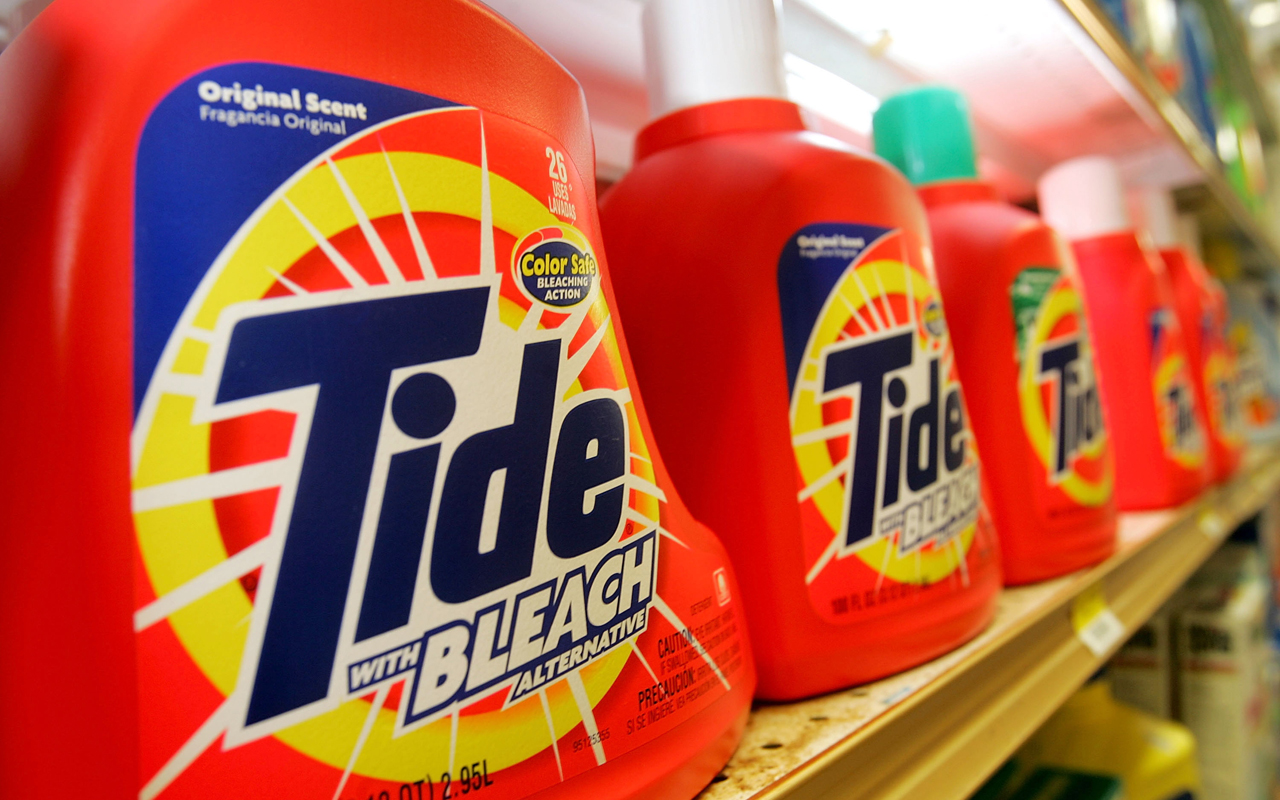
Procter & Gamble
Wanderlust Wealth’s Michael Tanney also fears Procter & Gamble (PG, $79.86) could find itself on the losing end of any trade war that takes shape from here. He explains:
“Their Gillette business is already being squeezed by the delivery shave companies and must maintain a premium product at a closer price to compete. Without the flexibility to raise prices given the disrupters using less expensive outputs, Gillette will be in a severe bind if tariffs cause a rising price on their raw materials, such as the metal used for blades.”
It’s not just a one-way problem. Though P&G manufactures a fair amount of its goods sold in foreign markets in those markets – circumventing any existing tariffs – a good deal of its overseas revenue is driven by goods made in the United States. If it costs more to make them and also costs more to sell them, the bottom line may just get hit in a way investors aren’t ready to digest.
The kicker: It was only late last year China’s President Xi Jinping was looking to lower taxes on personal goods imported into the country. Those plans may be rethought soon.
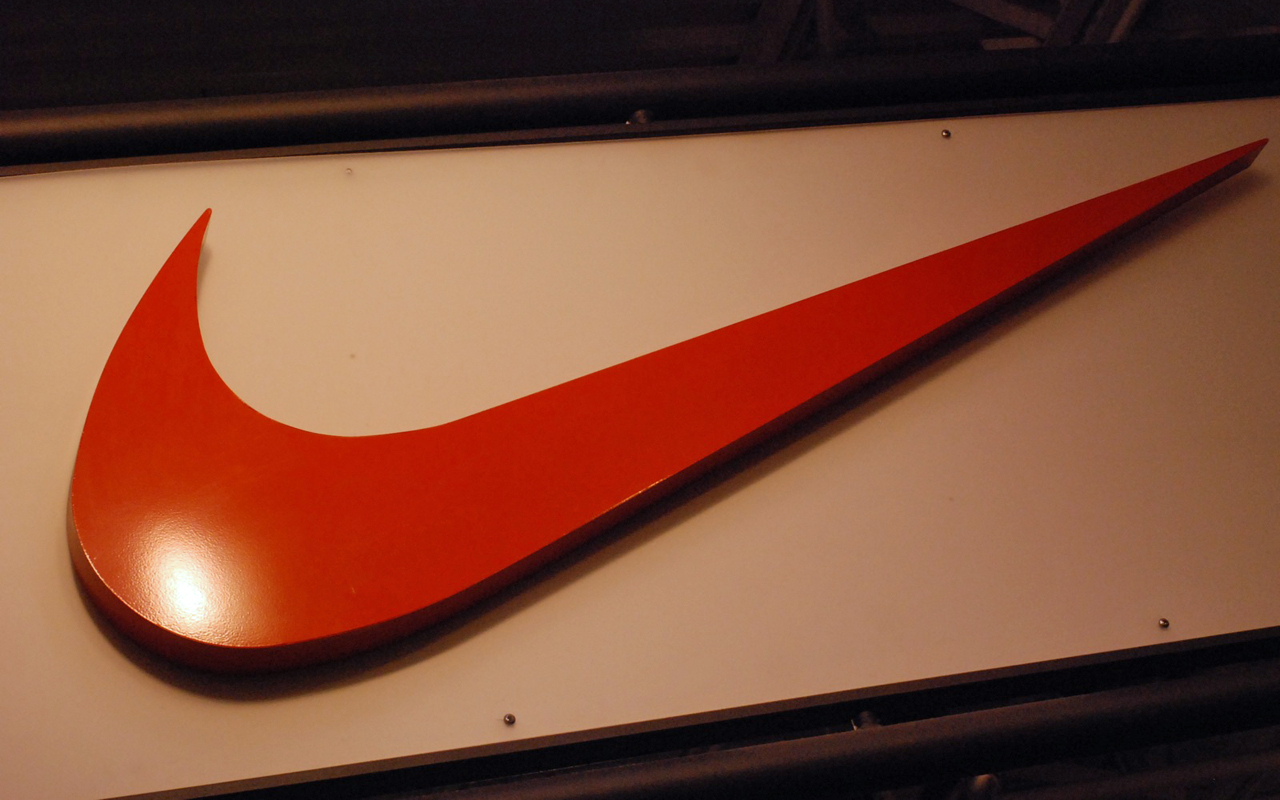
Nike
Last but not least, athletic apparel company Nike (NKE, $66.82) could suffer from a trade war, but for a less-obvious reason.
Yes, like Apple, Nike relies on low-cost labor from Asia, though Vietnam is its key provider of footwear. Nearly half of its branded footwear is made there. The Trans-Pacific Partnership (TPP) would have ended the 20% tariff on footwear coming to the United States from Vietnam, but with the U.S. bowing out, that tariff not only still applies, but could increase. The company’s goods may simply be outpriced for U.S. consumers.
Worse, should the definition of “import” and “export” be widened to goods made for U.S. companies in another country shipped to yet a different country, Nike could miss out on the 18% sales growth in China it has enjoyed for the past couple of years.
To the extent tariffs don’t slow its overseas business down, boycotts could. Although Chinese consumers love Western products, they’re also loyalists and have stood up against U.S. companies (with some state-prompted encouragement) in the past. Nike would make for a relatively easy boycott target, as alternative athletic wear is abundant.
James Brumley was long F as of this writing.
Profit and prosper with the best of Kiplinger's advice on investing, taxes, retirement, personal finance and much more. Delivered daily. Enter your email in the box and click Sign Me Up.

-
 Nasdaq Leads a Rocky Risk-On Rally: Stock Market Today
Nasdaq Leads a Rocky Risk-On Rally: Stock Market TodayAnother worrying bout of late-session weakness couldn't take down the main equity indexes on Wednesday.
-
 Quiz: Do You Know How to Avoid the "Medigap Trap?"
Quiz: Do You Know How to Avoid the "Medigap Trap?"Quiz Test your basic knowledge of the "Medigap Trap" in our quick quiz.
-
 5 Top Tax-Efficient Mutual Funds for Smarter Investing
5 Top Tax-Efficient Mutual Funds for Smarter InvestingMutual funds are many things, but "tax-friendly" usually isn't one of them. These are the exceptions.
-
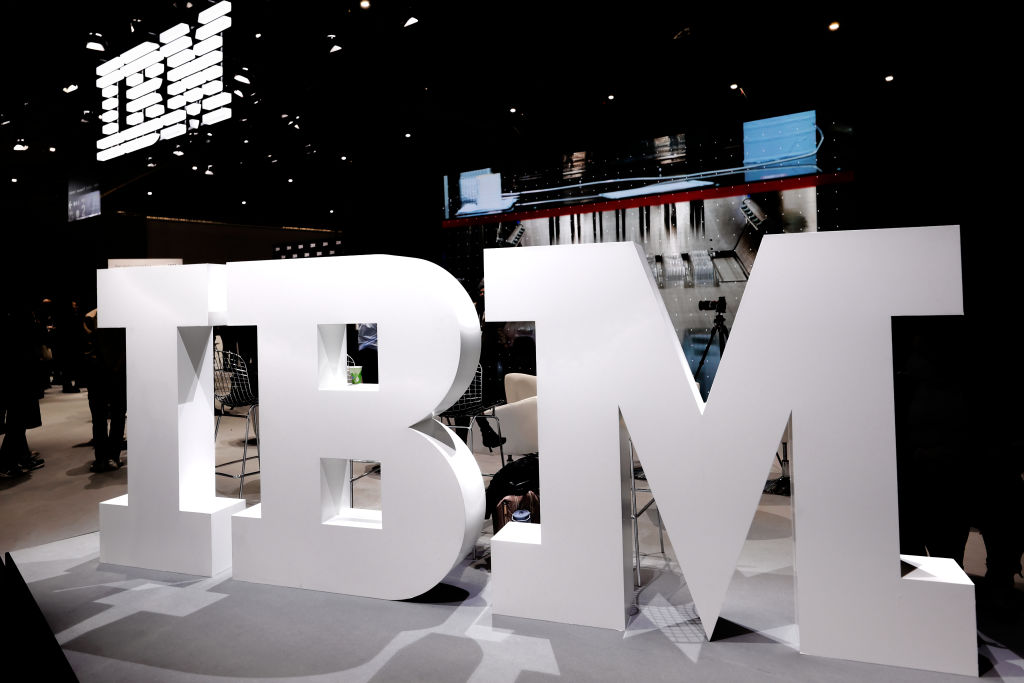 Dow Adds 472 Points After September CPI: Stock Market Today
Dow Adds 472 Points After September CPI: Stock Market TodayIBM and Advanced Micro Devices created tailwinds for the main indexes after scoring a major quantum-computing win.
-
 What Tariffs Mean for Your Sector Exposure
What Tariffs Mean for Your Sector ExposureNew, higher and changing tariffs will ripple through the economy and into share prices for many quarters to come.
-
 Dow Jones Industrial Average Nears New Highs: Stock Market Today
Dow Jones Industrial Average Nears New Highs: Stock Market TodayThe successor to the first stock market index is getting up there with the S&P 500 and the Nasdaq Composite in all-time-high territory.
-
 How Much Will Car Prices Go Up With Tariffs?
How Much Will Car Prices Go Up With Tariffs?Tariffs could drive car prices up even higher, for new and used cars, as well as for American brands.
-
 Stock Market Today: Tariff Talks Drive Another Up-and-Down Day
Stock Market Today: Tariff Talks Drive Another Up-and-Down DayTrade war negotiations are happening, but the "fear gauge" is gyrating, and investors, traders and speculators are still searching for signs of a bottom.
-
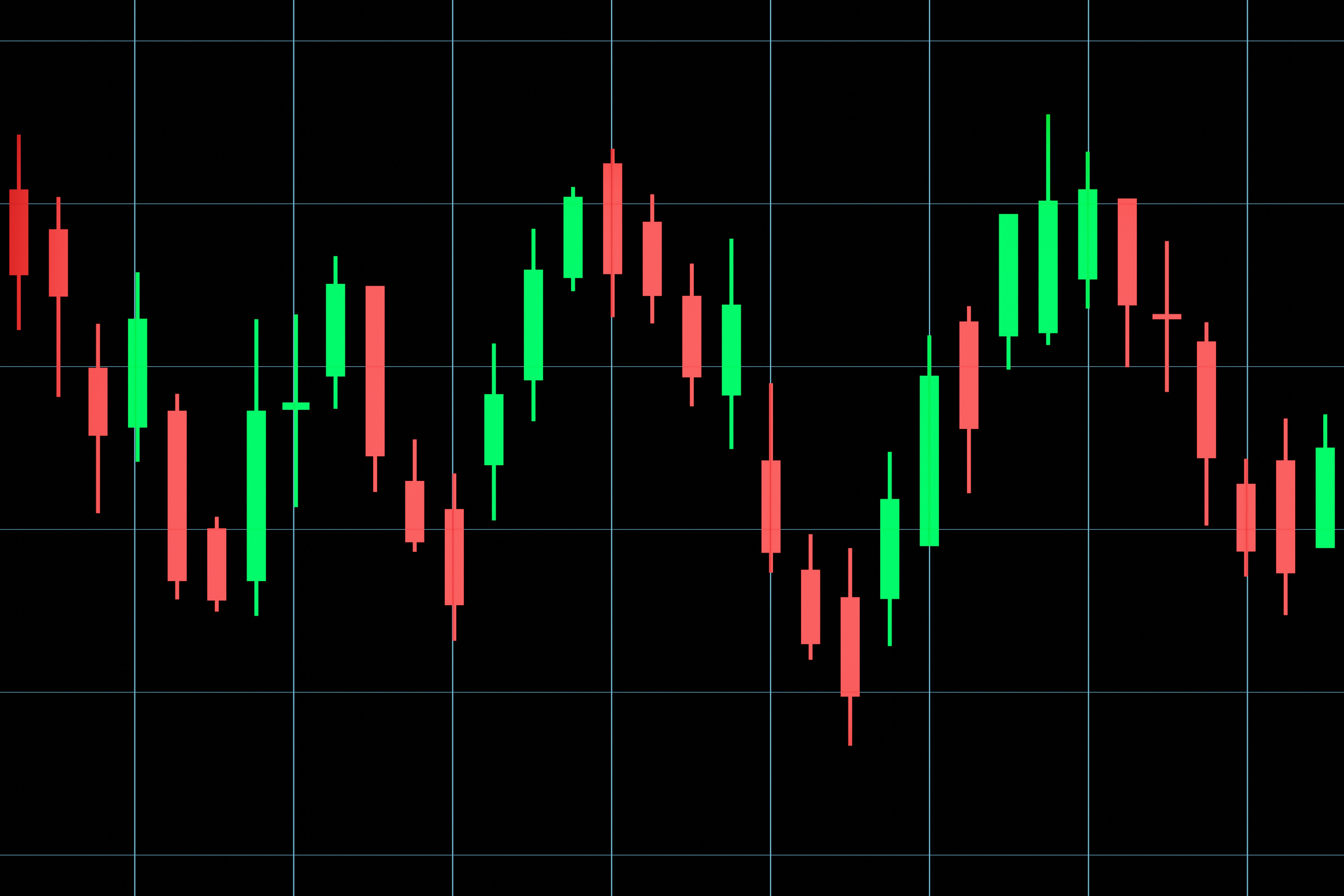 Stock Market Today: It's Going to Stay Choppy for Stocks
Stock Market Today: It's Going to Stay Choppy for StocksAuto-focus can show us a lot about uncertainty on the ground and in the stock market.
-
 Stock Market Today: Dow Adds 485 Points After Trump's Tariff Delay
Stock Market Today: Dow Adds 485 Points After Trump's Tariff DelayThe White House said it will postpone tariffs on automotive imports from Canada and Mexico for one month.
-
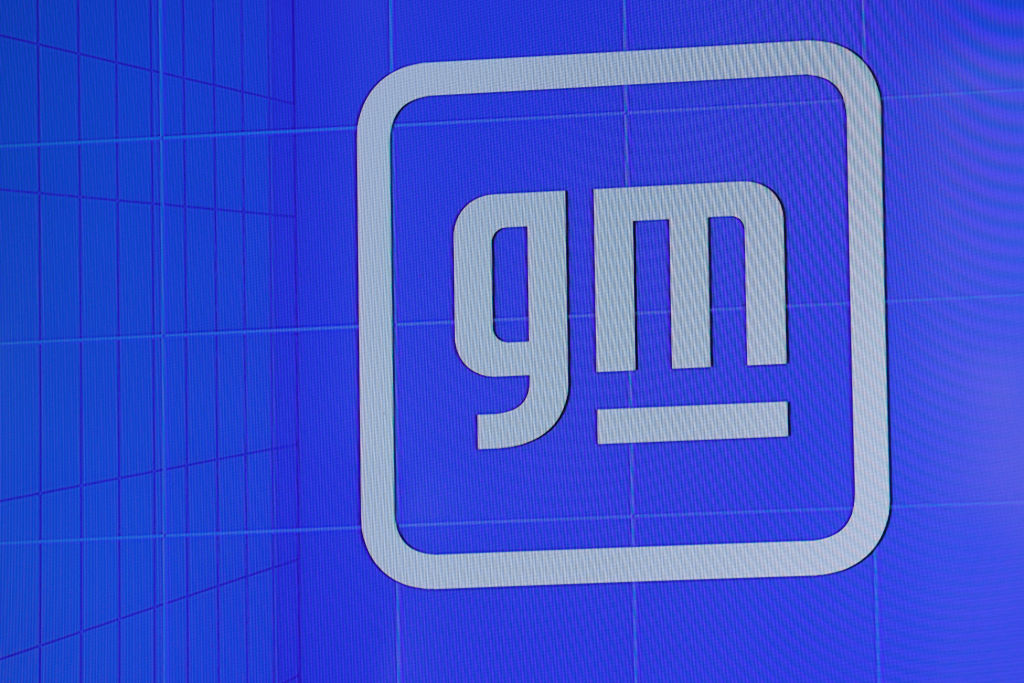 Why General Motors Stock Is Sinking After Its Earnings Beat
Why General Motors Stock Is Sinking After Its Earnings BeatGeneral Motors stock is moving sharply lower Tuesday even after the automaker reported a fourth-quarter earnings beat. Here's what you need to know.
